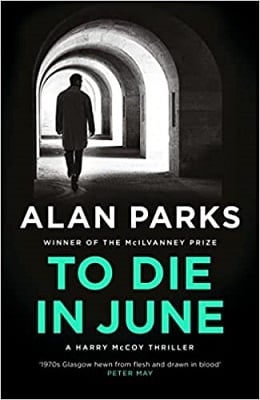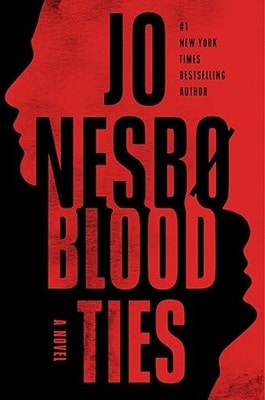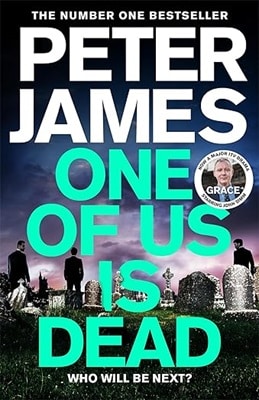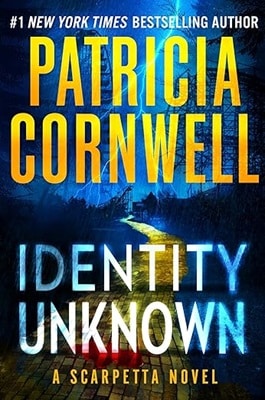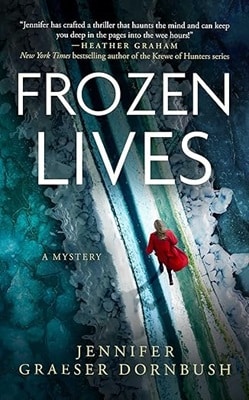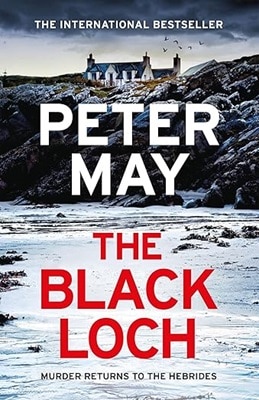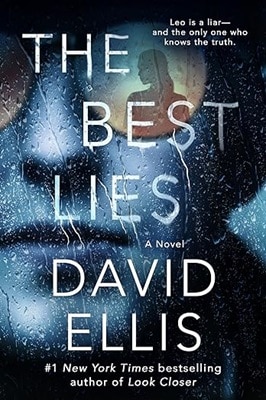Book Review
To Die in June
reviewed by Eric Ellis
In To Die In June, Alan Parks releases the sixth novel in the urbane and gritty Harry McCoy series detailing Glasgow policing in the 1970s. Along with a returning McCoy, who is still smoking and drinking a bit too much, are McCoy’s fellow detective Wattie, long-time violent gangster Stevie Cooper, and other previously introduced characters.
Under the innocent auspices of a temporary move, McCoy and Wattie have been transferred to another police station, with only McCoy knowing the true reason. McCoy has been tasked with the covert investigation of police corruption and ordered not to inform anyone, including Wattie. McCoy then uses Wattie’s ignorance as cover to continue his investigation of other detectives suspected of serious corruption.
Though McCoy’s dating life has taken an upturn with a woman many feel obligated to inform him is above his standing, as usual, he still is operating under a full plate of stress and turmoil. Not only that, while his loyal sidekick Wattie continues to blossom as a detective, each day it seems Wattie grows more and more disenchanted and independent largely due to McCoy’s practice of not sharing information when it comes to their investigations.
At the same time, McCoy and Wattie become involved in the inquiry into the deaths of homeless alcoholics many believe is simply due to a bad batch of homemade poisonous alcohol. With only the main complainant being an unreliable alcoholic transient, even McCoy, the son of an alcoholic vagrant himself, is skeptical of the man’s belief the deaths are due to murder.
Adding even more turmoil to McCoy’s life is Cooper and his continued attempt to grow his criminal empire, which includes his sociopathic-like demands for McCoy to provide him aid in his sprawling criminal endeavors.
And if this isn’t enough for the two, a troubled, possibly mentally ill mother married to a cult-like influential minister reports a missing son that may or may not even exist.
Over the course of six novels, Parks has established a progressive nature to the depth and growth of his characters, which allows them to remain interesting and compelling, while spinning tales devoid of making readers suspend reasonable belief in his stories.
Like other authors portraying policing and crime in the 1970s, Parks tales capture a time of gritty and rough brutality that does not become gratuitous or exaggerated.
To Die in June is highly recommended to fans that enjoy such tales and other authors such as Adrian McKinty, Ian Rankin, and Joseph Knox.
Netgalley provided an ARC upon the promise of a fair review and is currently available for purchase.

